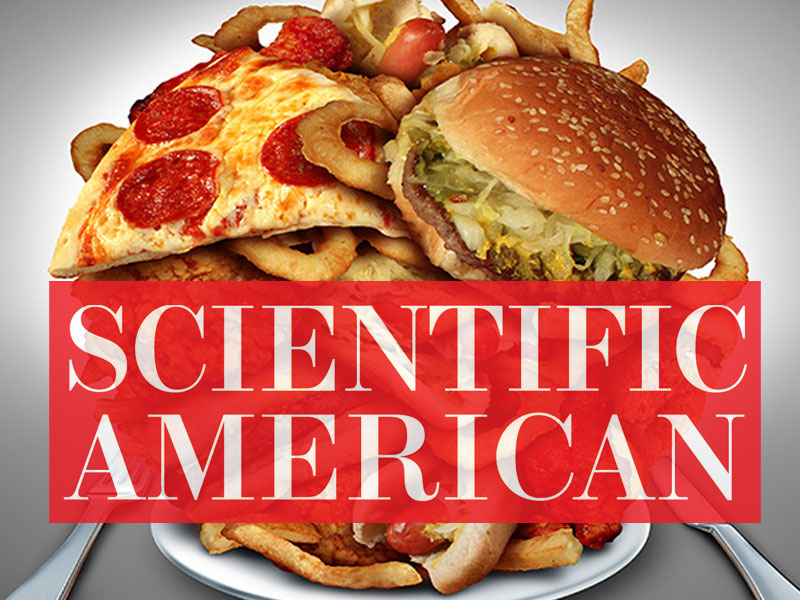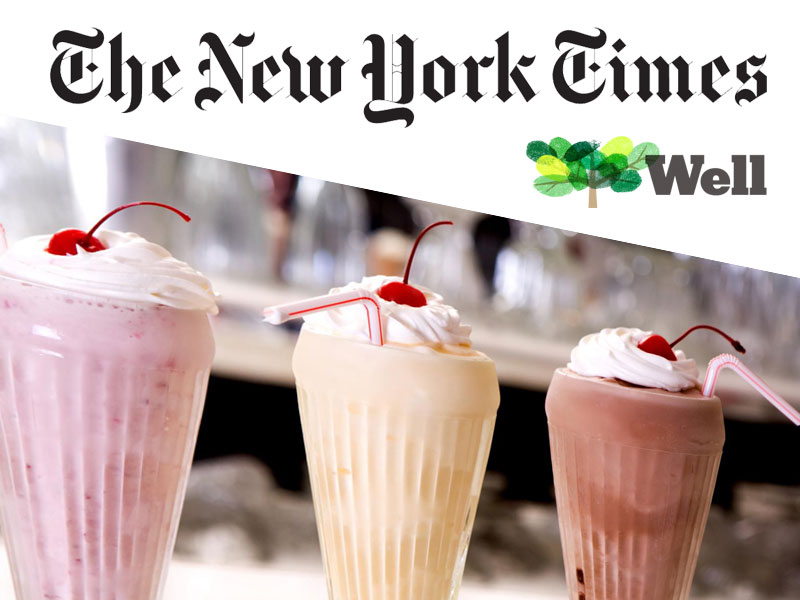National Geographic Magazine - Food Addiction
Dr. Nicole Avena's research on food addiction was featured on the cover story of the Sept. 2017 issue of National Geographic, that included an interview with her on 'the addicted brain'.
Nicole Avena, a neuroscientist at Mount Sinai St. Luke’s Hospital in New York, has shown that rats will keep gobbling sugar if you let them, and they develop tolerance, craving, and withdrawal, just as they do when they get hooked on cocaine. She says high-fat foods and highly processed foods such as refined flour may be as problematic as sugar. Avena and researchers at the University of Michigan recently surveyed 384 adults: Ninety-two percent reported a persistent desire to eat certain foods and repeated unsuccessful attempts to stop, two hallmarks of addiction. The respondents ranked pizza—typically made with a white-flour crust and topped with sugar-laden tomato sauce—as the most addictive food, with chips and chocolate tied for second place. Avena has no doubt food addiction is real. “That’s a major reason why people struggle with obesity.”


 National Geographic Magazine
National Geographic Magazine

